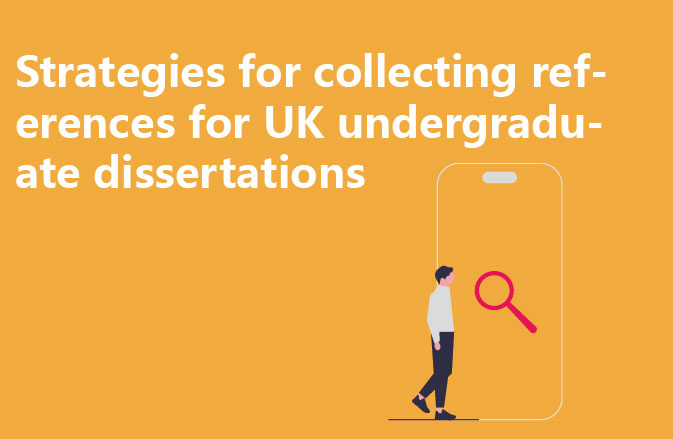The first task is to endeavour to explore and master basic research methods and to do preliminary information-gathering. Different effective methods can be used for primary and secondary research (first-hand and based on existing information).
Secondly, for initial research, we need to use various methods to obtain information:
1. interviews can provide insights into the deeper thoughts of the respondents; however, they can be time-consuming. 2. questionnaires provide a quick response.
2. the questionnaire method has the advantage of a quick response, but may compromise in-depth exploration due to subjective interpretations.
3. the observation method can be used to explore the relationship between behaviour and psychology in the field, and is particularly suitable for research in community, workplace and educational settings.
Again, the focus was on data collection in the secondary research, and we mainly drew on existing information and academic literature.
Some of the commonly used methods include:
1. the annotation method, which improves reading comprehension and skills, including sense-making, evaluating, linking and questioning.
2. Abstract method, which summarises the main idea of the article in a concise way, so that it can be easily cited in the future.
You should familiarise yourselves with these principles and points of data collection when writing your thesis.




